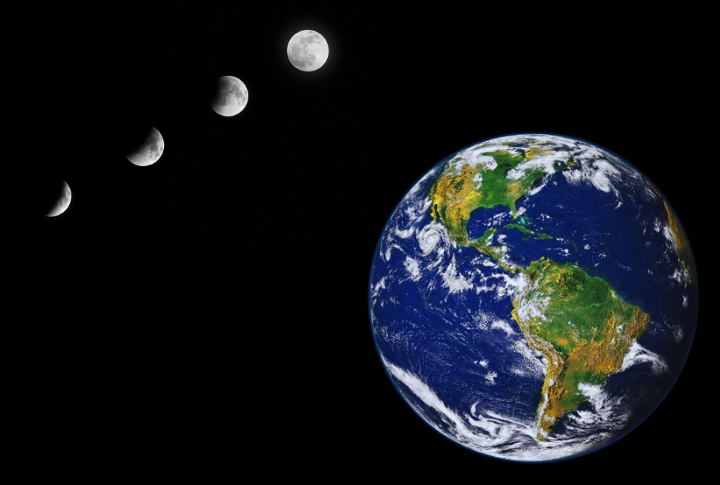
Nothing lights up the night sky as brightly as the Moon—literally. Over many centuries, this celestial body has fascinated humans with its magnificence and stirred many questions and explorations. But what would life look like if the Moon never existed?
Unstable Axial Tilt

Earth’s axial tilt would become unstable without the Moon’s gravitational pull. Currently, the Moon stabilizes the Earth’s tilt at around 23.5 degrees, but without it, the tilt could vary wildly, from nearly zero to as much as 85 degrees.
Unpredictable Weather Patterns

Any change in the Earth’s tilt, caused by the absence of the Moon, would lead to unpredictable and possibly more severe weather patterns. This unpredictability could make agriculture more challenging, as farmers would struggle to predict planting and harvesting times.
Shorter Days

The Moon’s gravitational force on the Earth creates tidal friction that gradually slows the planet’s rotation. Without the Moon, Earth would spin faster, resulting in shorter days. It is estimated that days could be as short as 6 to 12 hours if the Moon were never present.
No Tides or Altered Tidal Patterns

If the Earth has no Moon, the Sun would take over and influence Earth’s tides, leading to weaker and less predictable tidal patterns. This would alter coastal ecosystems, which rely on the ebb and flow of tides for nutrient exchange, breeding cycles, and habitat formation.
Altered Ocean Currents

The Moon’s gravitational pull also affects ocean currents. In an Earth without the Moon, changing tidal patterns would likely alter the major ocean currents that help regulate the Earth’s climate by redistributing heat around the planet. This disruption could lead to changes in weather and climate.
Altered Night Sky

Our Moon provides a significant amount of light in the night sky by reflecting the sunlight towards the Earth. The Moon is the torch animals use to hunt at night. Without the Moon, nights would be much darker, impacting how nocturnal animals hunt, mate, and see.
Weakened Magnetic Field

Science suggests that the Moon might play a minor role in maintaining Earth’s magnetic field by stabilizing the planet’s rotational axis. Molten iron at the Earth’s core is the leading player. Nonetheless, its absence might weaken the magnetic field and its ability to protect us from harmful solar radiation.
Altered Earth’s Geology
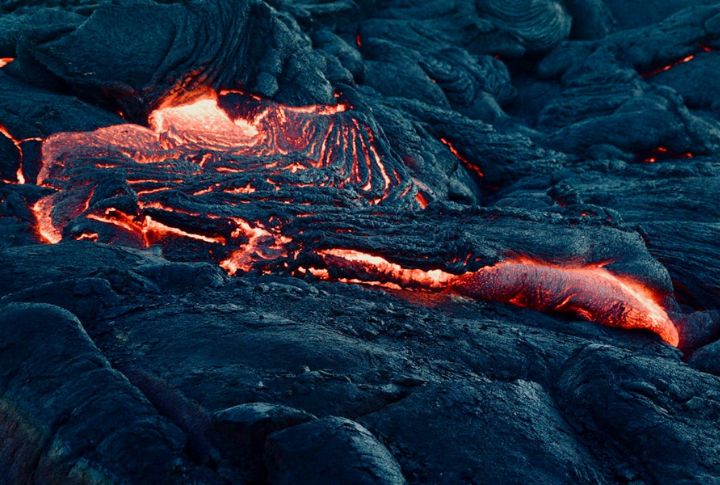
Tidal forces generated by the Moon’s gravity create minor bulges in the Earth’s crust, which can lead to increased volcanic activity and tectonic movement over geological timescales. In the absence of the Moon, these forces would be reduced, resulting in less volcanic activity and slower plate tectonics.
Loss of Lunar Inspiration and Exploration
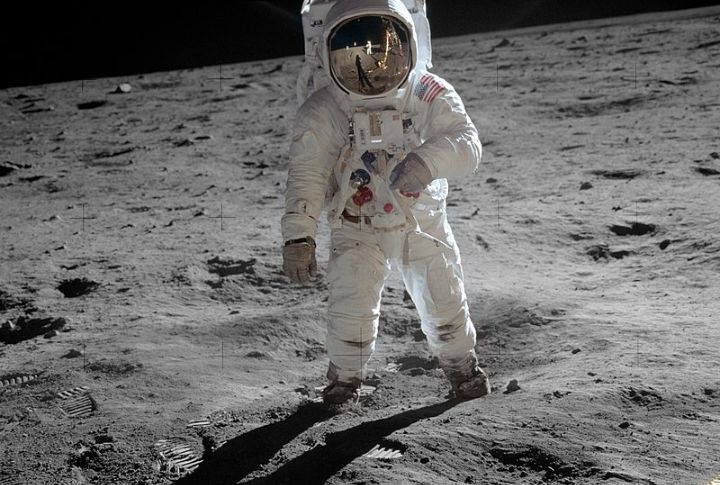
Man has always derived inspiration from the Moon, and this has led to explorations for thousands of years. If the Moon were absent, there would be no historical records of lunar observations, no Apollo missions, and no plans for future lunar bases.
Different Evolution of Life

The Moon has impacted the evolution of life. If Earth had no Moon, life could have taken a different path. Certain species that rely on lunar cycles for reproduction, such as coral and some fish, might not have evolved at all.
Reduced Visibility of Eclipses
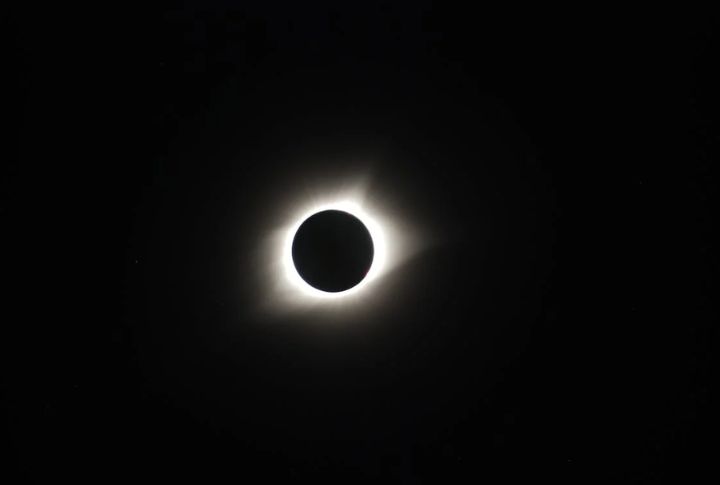
Lunar and solar eclipses occur because of the alignment of the Earth, Moon, and Sun. Had the Earth had no Moon, lunar eclipses would be nonexistent, and solar eclipses would be rare and different. The absence of these celestial events would change the sky’s beauty.
Increased Impact of Meteorites
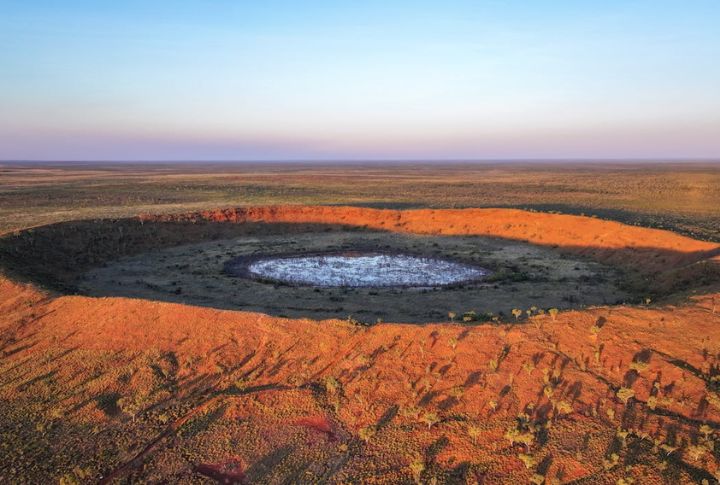
One little-known fact about the Moon is that it shields the Earth by absorbing or deflecting meteorites that might otherwise impact it. If there’s no Moon, Earth would be more vulnerable to asteroid and meteorite impacts, and increased bombardment would endanger life on Earth.
Changes in Earth’s Orbit
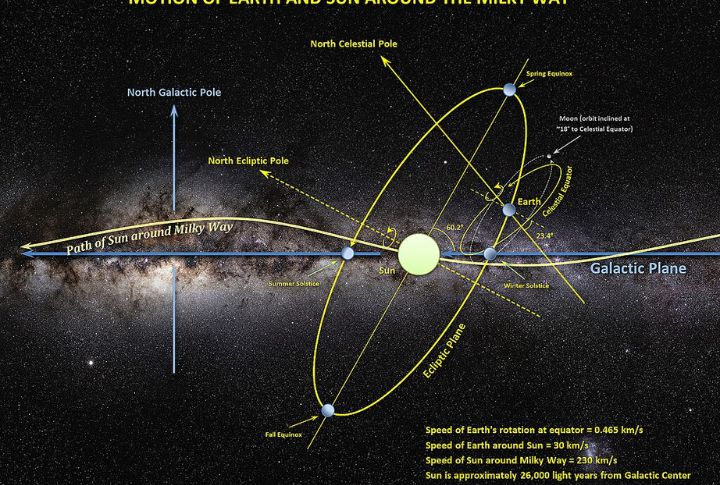
The gravitational forces between the Earth and the Moon help stabilize Earth’s orbit around the Sun. Earth’s orbit could become more eccentric or irregular without the Moon, leading to more significant variations in distance from the Sun over time.
No Lunar Influence on Ancient Calendars and Timekeeping
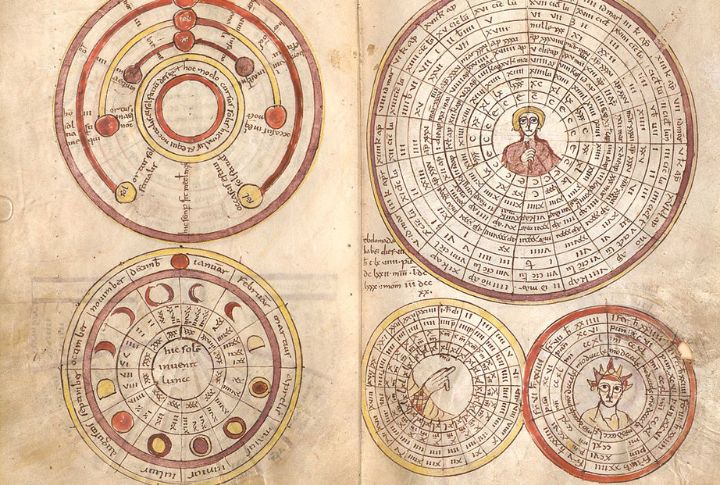
Early human societies used lunar calendars to track time, agricultural cycles, and religious events. The lack of the Moon would have necessitated different timekeeping methods, causing people to rely more on the Sun or stars for calendar systems.
Impacted Space Programs and Research
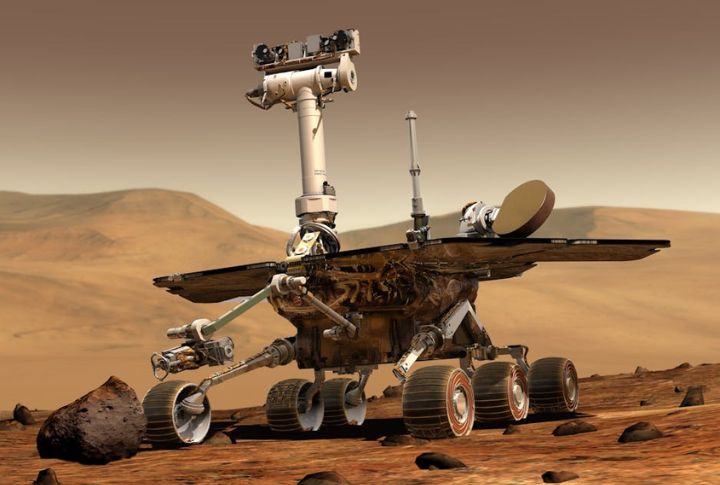
The Apollo missions to the Moon provided invaluable experience in space travel and paved the way for future exploration missions on Mars and beyond. If not for the Moon, early space programs might have lacked a nearby celestial target to test human capabilities and technologies.

